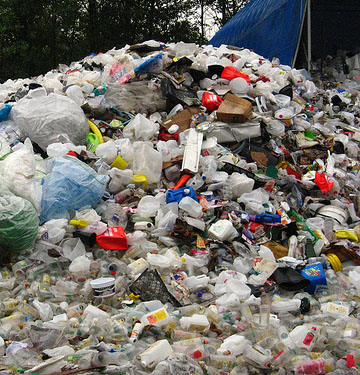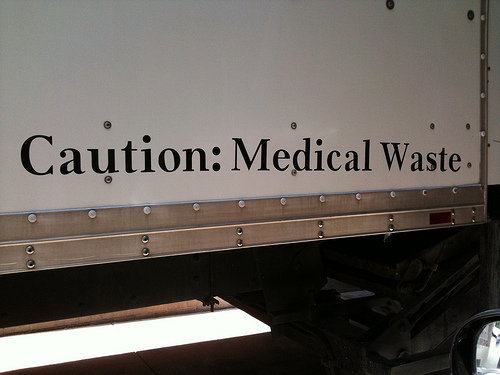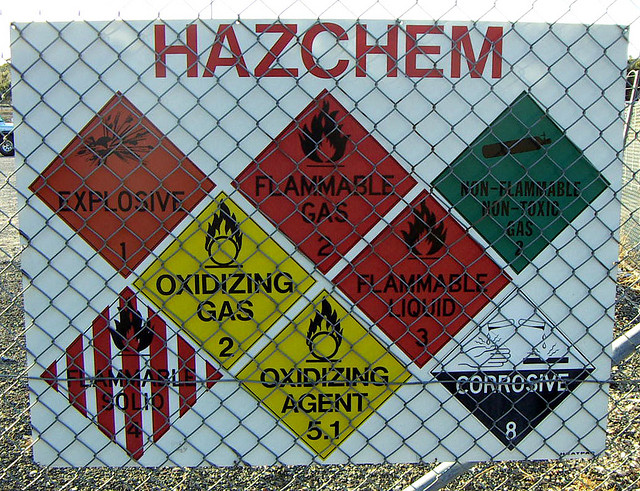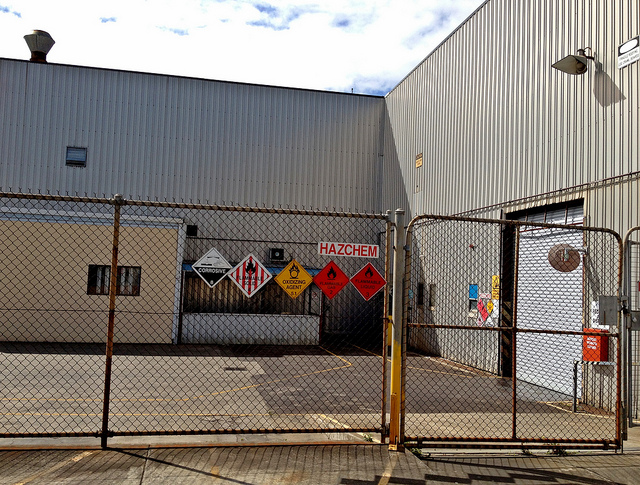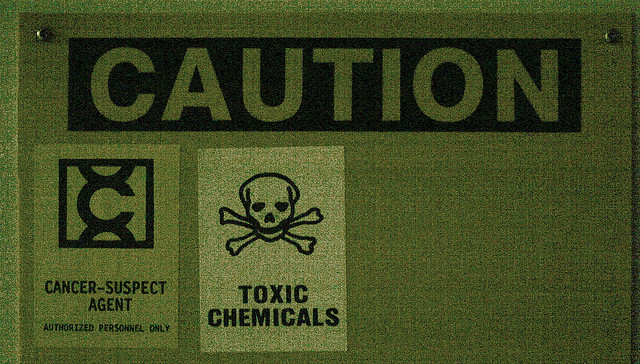Adopted half a century ago, the Solid Waste Disposal Act (SWDA) of 1965 is one of the first federal statutes in the modern era of environmental protection. SWDA focused originally on worries that a “landfill crisis” combined predictions that landfills would soon be too full to provide disposal capacity, and longstanding concerns that poorly designed municipal and industrial landfills might not protect public health. The Environmental Protection Agency (EPA) has applied SWDA authority to adopt landfill standards, which are administered by state and local governments nationwide.
Audit, Compliance and Risk Blog
Expanding Recycling Responsibilities for Specific Solid Wastes
Posted by Jon Elliott on Mon, Feb 23, 2015
Tags: Corporate Governance, Health & Safety, Environmental risks, Environmental, EPA, Hazcom
California Law Requires Long-Life Batteries in Smoke Detectors
Posted by STP Editorial Team on Mon, Feb 16, 2015
How many times have you popped the batteries out of those old smoke detectors when the alarm blasted over burnt toast…and then failed to put the batteries back in? Or how about not replacing the batteries when they die or checking to see if the alarm is still in working order? Is there even a smoke detector in the house?
Tags: Corporate Governance, Business & Legal, Health & Safety, California Legislation, Environmental risks, Environmental, Transportation
Being a good citizen and composting food scraps really isn’t that hard if you live in a house. But what if you live in a condo? You might think it isn’t possible (or maybe you even think it isn’t worth it) to do your part and compost your organic wastes. Let me show you how to do it and why it’s worth it.
Tags: Health & Safety, Environmental risks, Environmental, EHS, Greenhouse Gas, ghg
How do you have to manage waste biological materials generated by your activities—maybe from agricultural or biotech production, or maybe from your onsite clinic or the healthcare facility you run? Worker safety and transportation rules will apply to handling, and environmental protection rules to releases and disposal. But the main regulatory focus is provided by waste management requirements.
Tags: Corporate Governance, Business & Legal, Health & Safety, Environmental
Congress Updates Chemical Facility Anti-Terrorism Standards
Posted by Jon Elliott on Mon, Feb 02, 2015
In 2007, Congress added a provision to the Department of Homeland Security (DHS) budget, directing DHS to create a program to identify chemicals that might be tempting targets for terrorists, and to require facility that handle sufficiently large quantities of these chemicals of interest to establish security programs subject to DHS oversight (“Section 550”). DHS responded to Section 550 by issuing Chemical Facility Anti-terrorism Standards (CFATS) rules, requiring compliance to begin in 2008.
Tags: Corporate Governance, Business & Legal, Employer Best Practices, Health & Safety, Environmental risks, Environmental, Hazcom, Workplace violence
The British Columbia Supreme Court affirmed the reasoning of the Provincial Court trial judge that convicted a director, Mission Western Developments Ltd. and its director, Blake Larsen, of offenses under the federal Fisheries Act that occurred during land clearing operations near Wildebank Creek in Mission, British Columbia (R. v. Larsen, 2013 BCPC 92, affirmed 2014 BCSC 2084). In rejecting the appeal by the accused, the Supreme Court held that the Provincial Court judge had applied the correct legal principles for determining the necessary elements to obtain a conviction for impairment of fish habitat under the Fisheries Act. These principles were:
Tags: Corporate Governance, Business & Legal, Health & Safety, Environmental risks, Environmental, Canadian
After a facility determines it has generated hazardous waste, it must determine how to manage that waste in compliance with the federal Resource Conservation and Recovery Act of 1976 (RCRA), regulations issued by the US Environmental Protection Agency (EPA), and their state equivalents. (I recently wrote about hazardous waste determination, here and here).
Tags: Corporate Governance, Health & Safety, Environmental, EHS, EPA, Hazcom, RCRA
EPCRA Tier II: Key State Differences for Chemical Inventory Reporting
Posted by Melanie Powers on Wed, Jan 21, 2015
Tags: Corporate Governance, Business & Legal, Health & Safety, EHS, Hazcom, STC, Webinar
Hazardous Chemicals: Our Communities Have the Right to Know
Posted by STP Editorial Team on Wed, Jan 14, 2015
Our communities have the right to know when they are at risk of exposure to dangerous substances from accidental releases such as, but not limited to, chlorine, ammonia, hydrochloric acid, and sulfur dioxide. The US Environmental Protection Agency (EPA) agrees. In 1986 EPA created the Emergency Planning and Community Right-to-Know Act (EPCRA) to help communities plan for just such emergencies. EPCRA requires that federal, state, and local governments, Indian tribes, and industries be prepared for hazardous chemical emergencies. It also requires facilities to follow all recordkeeping requirements and report the storage, use, and release of hazardous chemicals to federal, state, and local governments.
Tags: Corporate Governance, Business & Legal, Employer Best Practices, Health & Safety, Employee Rights, Environmental risks, Environmental, EHS, EPA, Hazcom
The Occupational Safety and Health Administration (OSHA) has updated its recordkeeping rule to expand the list of severe injuries (including amputations) that all employers must report. An increase in good reporting and recordkeeping is a best management practice and an essential part of helping employers ensure and maintain the safest working environments for their employees.
Tags: Corporate Governance, Business & Legal, Employer Best Practices, Health & Safety, OSHA, Employee Rights, Disability benefits

